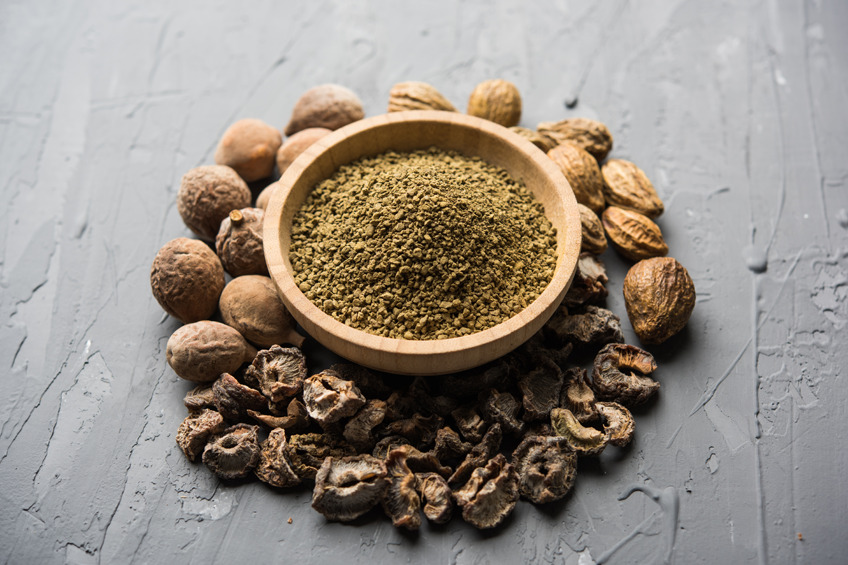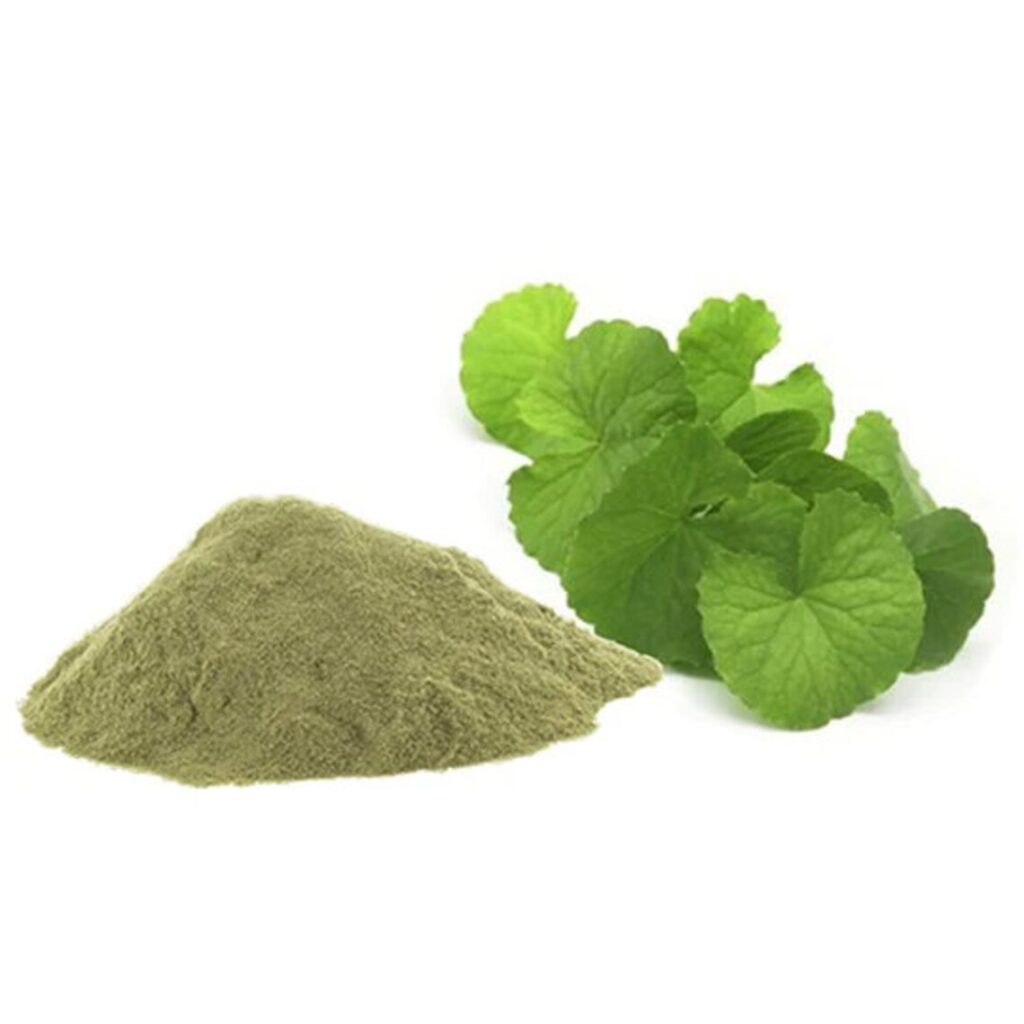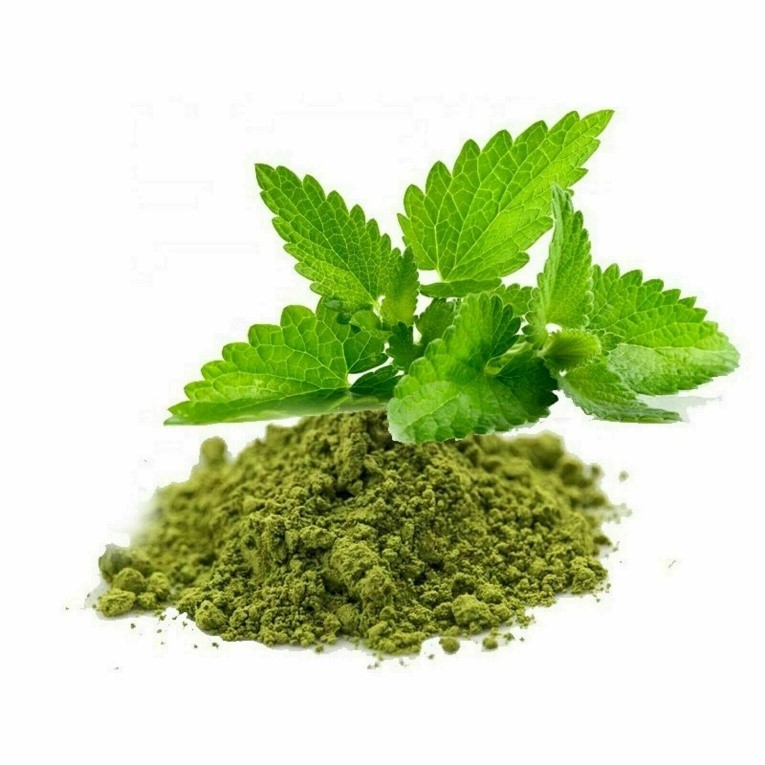Ayurvedic supplements are natural products that are based on the principles of Ayurveda, an ancient holistic healing system that originated in India. Ayurveda focuses on balancing the body, mind and spirit to promote overall well-being. Ayurvedic supplements are often derived from herbs, minerals and other natural ingredients and they are used to support various aspects of health and wellness.


It’s important to note that while Ayurvedic supplements have been used for centuries and are believed to have potential health benefits, their effectiveness can vary and not all claims are backed by rigorous scientific research. Before using any Ayurvedic supplement, it’s advisable to consult with a healthcare professional, especially if you have underlying health conditions, are taking medications, or are pregnant or nursing
How Does Ayurveda Work?
Ayurveda works by finding a good balance between body and mind in order to keep yourself healthy and in balance. If the body is not in balance then traditional Indian Ayurvedic remedies may help. Most of the treatments begin with a complete body cleanse to eliminate toxins from within and from the digestive systems. This is followed by a specific diet with herbal remedies made from Ayurvedic ingredients, as well as meditation exercises and Yoga. This combination can help boost the immune system by eliminating impurities, reduce any symptoms and keep the immune system in check, reduce stress and overall promote harmony between the body, mind and spirit!
The 3 Doshas & Your Ayurvedic Body Type


Those that practice traditional Ayurveda believe that each and every person is comprised of five universal elements: Earth, Water, Fire, Air and Space. These are combined in the human body to create three energies known as Doshas. These determine how your specific body works and, although they believe everyone has a mix of all three, there is usually one that is stronger and gives you your personal Ayurvedic body type and way to best care for your body. Each dosha controls a different bodily function, so your chances of getting certain health issues depends on the balance of your specific doshas.
Vata Dosha (Space & Air)
Said to be the most powerful of the three doshas, Vata Dosha controls basic functions such as cell division as well as blood flow, breathing, heart, mind and waste disposal through the intestines. If Vata Dosha is your main life force, you may be more likely to develop issues such as arthritis, asthma, anxiety and heart and skin problems. The main causes that are believed could disrupt this life force include grief, fear and lack of sleep.
Pitta Dosha (Fire & Water)
The Pitta Dosha energy controls metabolism, digestion and hormones related to appetite. As a result, if it is your main life force you could be more likely to develop issues such as infections, high blood pressure, heart disease and Chrohn’s disease. The most common causes that are thought to disrupt the Pitta Dosha energy force include overexposure to the sun and eating foods that are too spicy or sour.
Kapha Dosha (Water & Earth)
The third and final energy, called Kapha Dosha, controls weight, the immune system, body strength and muscle growth. If this is your main energy source, you would, therefore, be more likely to develop issues such as cancer, obesity, breathing problems, nausea and diabetes. There are many ways to disrupt the Kapha Dosha life force, but the main ways include consuming too much salt, sugar or water and sleeping during the day.
Here are some commonly used Ayurvedic supplements and their potential benefits:
1. Ashwagandha:
Ashwagandha is an adaptogenic herb that is believed to help the body adapt to stress and support overall vitality. It may also have potential benefits for immune function, cognitive health and energy levels.


2. Triphala:
Triphala is a combination of three fruits (amla, bibhitaki and haritaki) that is often used to support digestive health, improve digestion and promote detoxification.


3. Turmeric (Curcumin):
Turmeric, specifically its active compound curcumin, is known for its anti-inflammatory and antioxidant properties. It’s used to support joint health, reduce inflammation and promote overall wellness.


4. Brahmi (Bacopa monnieri):
Brahmi is traditionally used to support cognitive function, memory and relaxation. It is believed to have a calming effect on the mind.


5. Tulsi (Holy Basil):
Tulsi is considered a sacred herb in Ayurveda. It is often used to support respiratory health, boost the immune system and promote stress relief.


6. Shatavari:
Shatavari is known for its potential benefits in supporting women’s health. It’s believed to balance hormones, support reproductive health and promote lactation in nursing mothers.


7. Guggul:
Guggul is derived from the resin of the Commiphora mukul tree and is used to support joint health and healthy cholesterol levels.


8. Neem:
Neem is known for its antimicrobial and skin-supporting properties. It’s used in Ayurveda for various skin conditions and to support overall skin health.


9. Amla (Indian Gooseberry):
Amla is a rich source of vitamin C and antioxidants. It’s used to support immune function, digestion and overall vitality.


10. Guduchi (Tinospora cordifolia):
Guduchi is considered an immune-modulating herb and is used to support the body’s natural defence mechanisms.


When considering Ayurvedic Supplements, it’s important to choose products from reputable sources that follow quality control standards. Additionally, keep in mind that Ayurveda takes a personalized approach, so what works for one person may not work the same way for another. Consulting with a qualified Ayurvedic practitioner or a healthcare professional can help you determine the most appropriate supplements for your individual needs and health goals.



